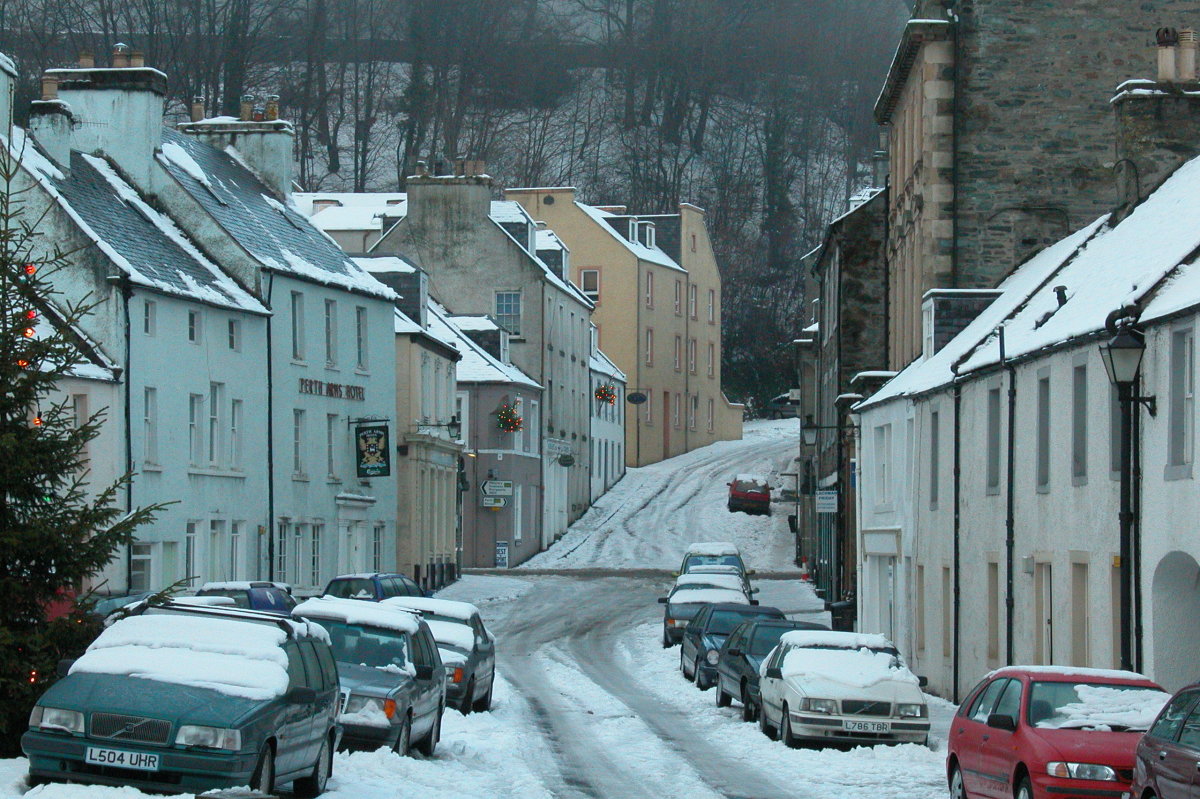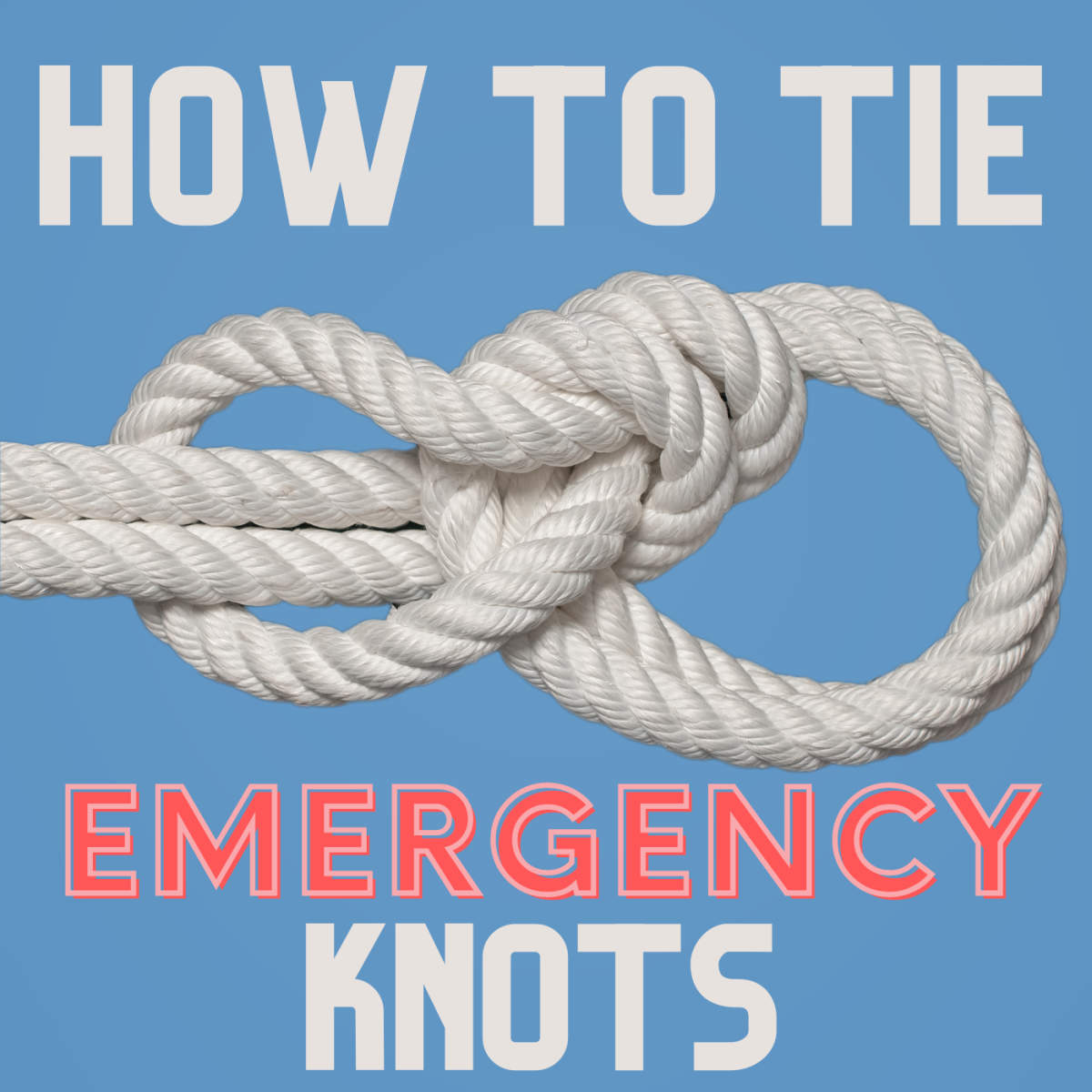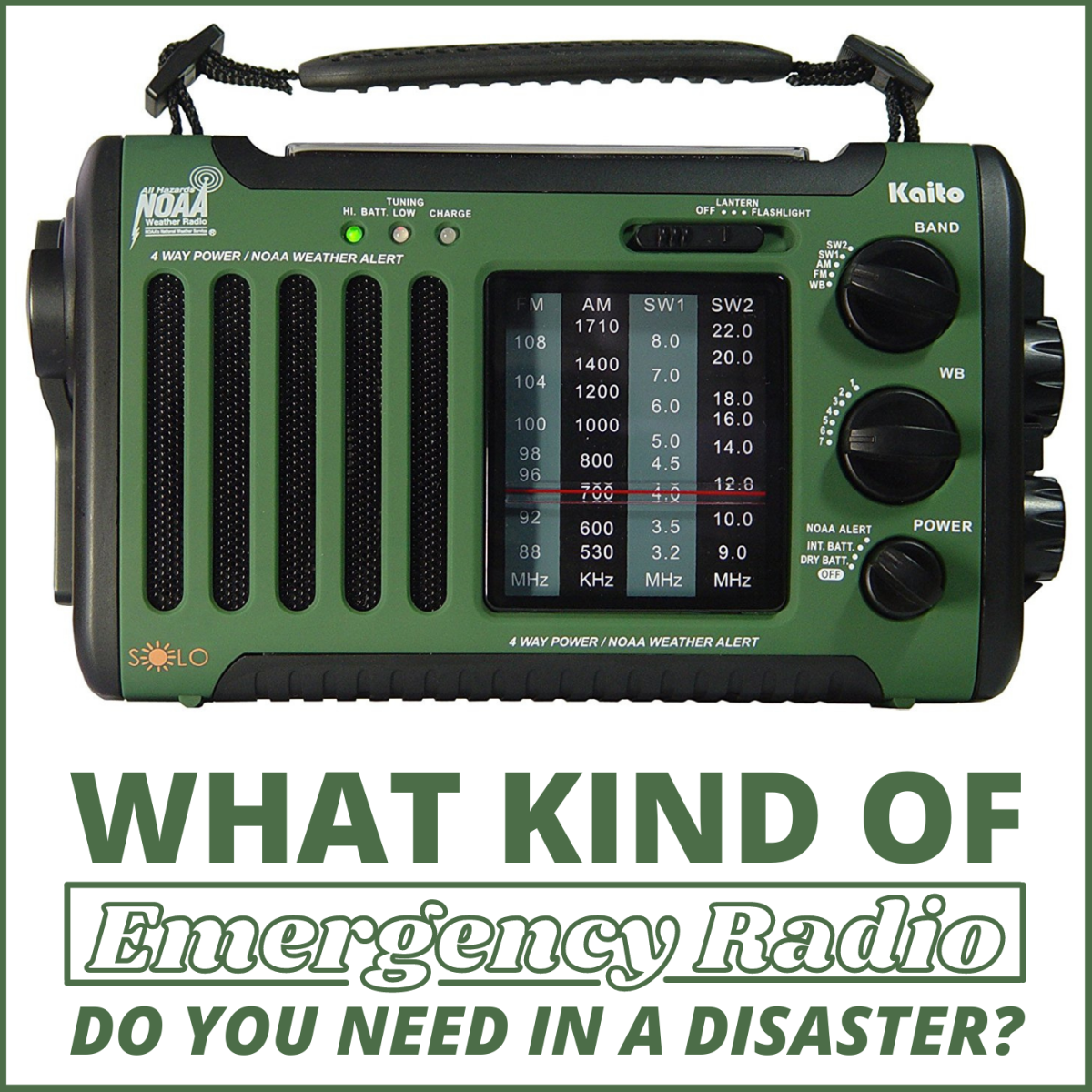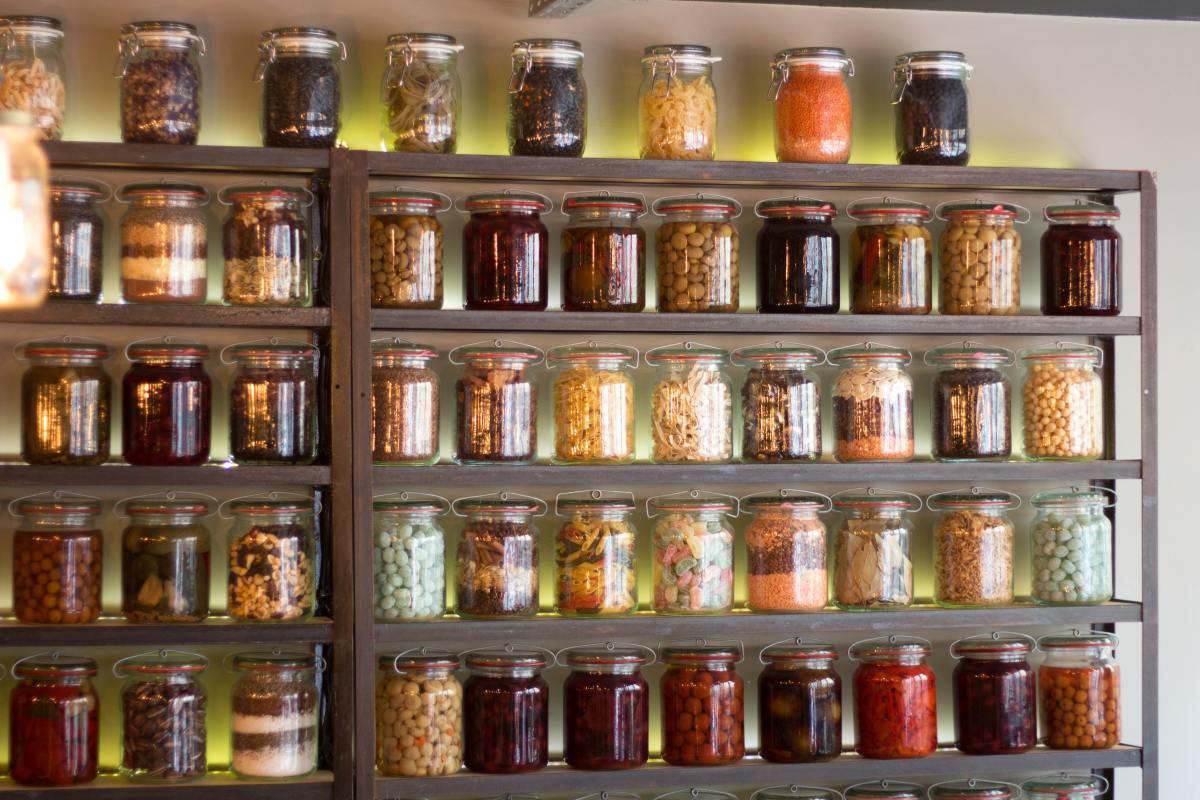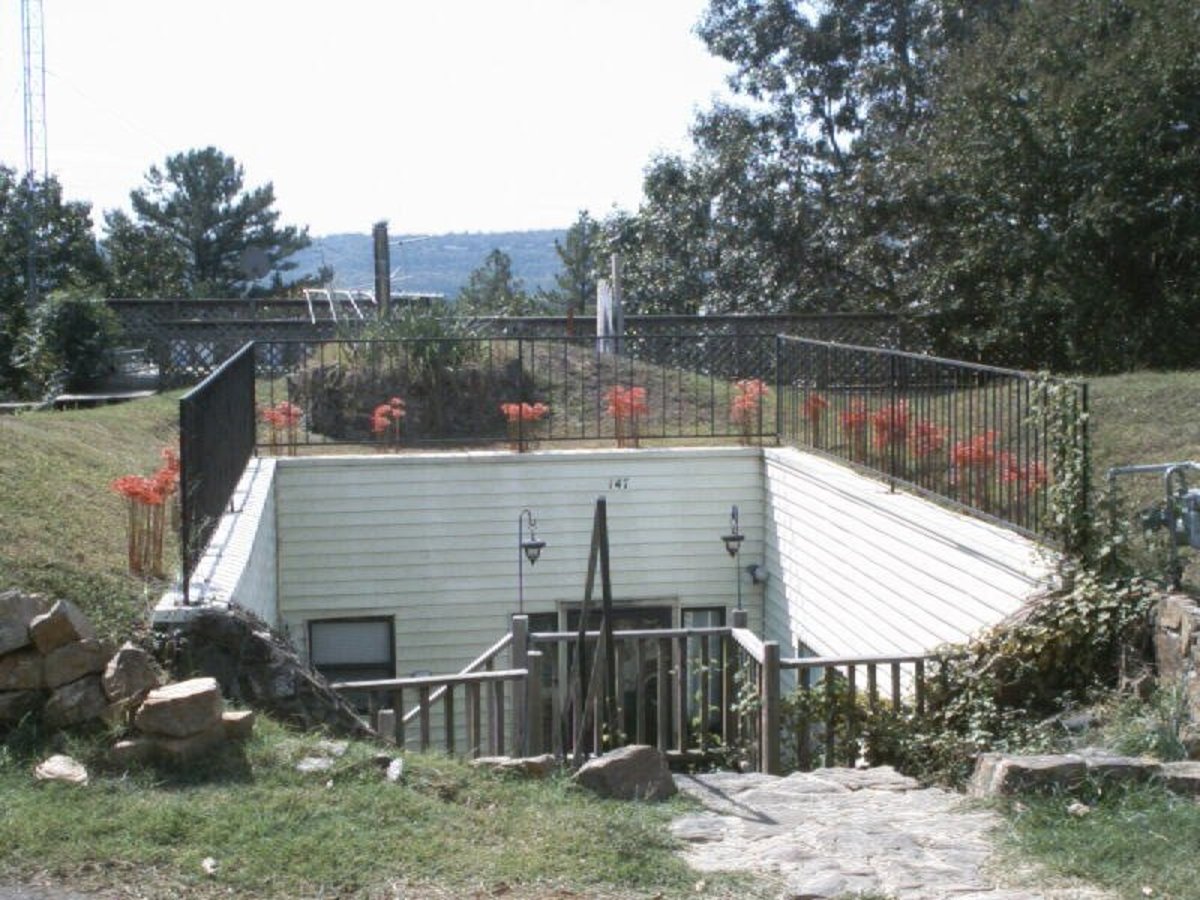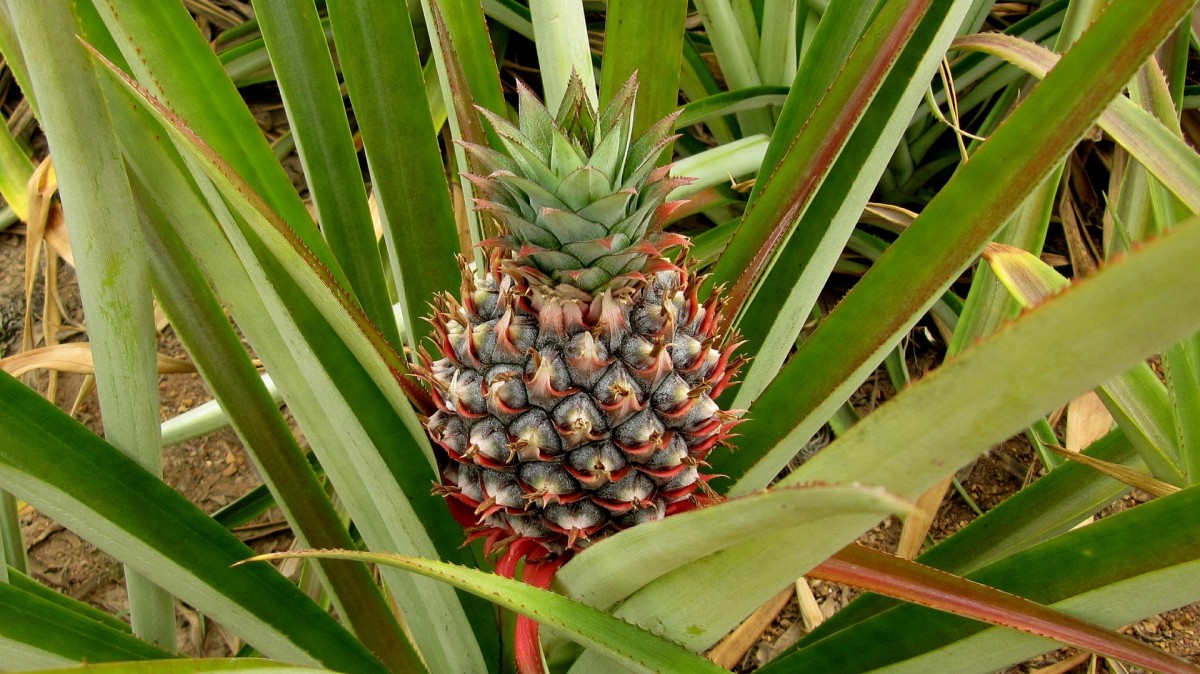How to Prepare for a Winter Storm Disaster
Prepare for Winter Storms Before The Cold Weather Hits

Winter Storms Do Not Have to Spell Disaster
Surviving a winter storm or winter disaster is possible. We all saw the media footage covering the winter disasters during 2013 and early 2014. Thousands upon thousands were stranded with no power. Roadways were backed up. People were sleeping in their vehicles, waiting for the snowy roads to be cleared.
This article will help you to prepare for the next storm to come. Scientists are now saying that we need to expect the unexpected where weather patterns are concerned. Dramatic fluctuations in winter temperatures are becoming the new "normal."
But these severe storms do not need to be disastrous for your family, if you know what to do and what you need to make it through unscathed.
Winter Storm Tips for Employers and Supervisors
If you are a supervisor or business owner, you might want to consider the following factors before telling a dish-washer or other lower level employee that they must come to work or risk losing their job when the roads are bad. I am not talking about your typical winter weather. Here, I am talking about severe snow and ice only.
Tips for Employers and Supervisors
If you are a supervisor or business owner, you might want to consider the following factors before telling a dish-washer or other lower level employee that they must come to work or risk losing their job when the roads are bad. I am not talking about your typical winter weather. Here, I am talking about severe snow and ice only.
- Your low level employees most likely cannot afford studded snow and ice tires. Often, they cannot afford cars with heaters that work, or to buy new batteries so their car will start in cold weather. "Well, that is their problem, not mine," you might think. If so, think again. You get paid a lot more than they do. Now days it is impossible to provide for the needs of one, let alone a whole family on a low wage job.
- Do you really want to be responsible for the death of your employees? How would you feel if after having chastised an employee who called and said they can't come in because of the storm, that same employee dies in an auto accident trying to get to work. Or worse yet, runs off the road and freezes to death.
- Avoid Lawsuits. Think carefully before you tell your employees they better get there or they don't have a job. You could get sued and rightfully so. This is one lawsuit that is not frivolous.
- Don't expect the employees to come to work in a severe storm if you are not willing to go in.
- Consider closing the store for the day. You may think your clothing store absolutely must be open, but really, the few patrons who venture out should really be off the roadways, and it likely will end up costing more to remain open, that the lost sales from closing for the day.
- If you feel you must keep your business open, then the owner, and only essential managers should work. Give your employees the day off rather than put them in danger.
Winter Storm Do's and Don'ts
There are many things that people should not do, or do only with extreme caution during winter storms. This list may not be complete, but it will get you pointed in the right direction.
1. Please stay off the roads. If the roads are super icy, or it is snowing heavily or there is blowing snow, people need to stay off the roads. You would think this would be common sense, but it seems like everyone thinks they MUST travel to work in these conditions. Employers often pressure people to come in to work when the roads are dangerous, and if you look to your right, you will see a special note for bosses and employers there. Keep abreast of the current and future weather conditions, and plan your life accordingly. It is unfair to expect the snow removal teams to just wave a magic wand and make the roads safe. Do not get mad at them. They can only be so many places at one time. Remember, if you choose to drive during a snow or ice storm, you are choosing to take a risk.
2. Have a Winter Storm Plan. In the same way you would have your family practice a fire drill, have a winter storm plan for your family. Keep a book just for this purpose that contains the number of the plumber, power company, and any other information that is helpful. Keep this book located in a place where everyone in the family can access it.
In your plan, outline the do's and don'ts for your household. Make sure everyone knows how to dress in layers and how to stay warm. Be sure to go over your plan with the entire family so that in the event you are away when the power fails, your kids know what to do. Once the power fails, so will the cell phones we all rely on, so it is important for your children to know what actions to take and to understand that they can't just use up the battery on their phone calling around or texting, etc.
3. Stock up on emergency items. Keep a stash of everything you will need to survive an extended power outage, and make sure everyone knows where it is and how to use the items.
4. Plan how you will stay warm in your home while the power is out. You will find more information about this below.
Out in the Cold

How to Prepare for Safe Winter Driving
- In early fall, start taking care of any service needs for your car. You want it working properly. Test the heater, etc.
- Assess the condition of your tires. All weather tires can't do much to help you drive on ice if they are old, worn, or unsafe.
- Decide whether or not to use studded tires, walnut infused tires, or the regular all weather tires. Studded tires may be the best bet if you have to commute on ice roads, or on roads with a lot of snow pack. If your geographical area does not get a lot of snow or freezing rain, you might consider one of the other severe weather tires.
- Realize now, and accept the fact that 4-wheel drive does not necessarily help you drive on ice and packed snow. Sometimes engaging the 4-wheel drive just helps you slip and slide faster. If you are going to be driving through standing water, deep snow on un-plowed roads, snow drifts, having a 4-wheel, or all-wheel drive vehicle is a great help, though.
Winter Snow Storm Photo by Nancy Owens

Build an Emergency Food and Toiletries Cache
This topic is self-explanatory in that you know I am talking about stocking up on supplies you would need during an emergency situation.
However, what many people might not realize is that during an extended power outage, or road closure you may need some items that are different from what you would normally buy or use on a day-to-day basis. For example, when your power is out, and the roads are impassible, grocery stores run out of food and supplies because the delivery trucks cannot deliver. And it goes without saying that power outages prevent most people from cooking what they normally would prepare.
Consider stocking up on the following:
- Peanut butter, nuts, and other protein-packed foods that do not have to be cooked. Jerky is another good item to keep on hand.
- Barbecue supplies. Just do not even think of bringing the barbecue inside your home. People have done this only to burn down their home, have the gas explode, and other problems. This also means that you should not bring your fire pit inside, either. Just use the barbecue as you normally would, outside. You can cook almost anything outdoors with your fire pit or barbecue, however, if the temperature is very cold outside it will most likely take longer to boil water, etc.
- Cans of fruit and other items that do not need to be cooked prior to eating.
- Moist towelettes for cleaning and hygiene. Add paper towels and napkins to the list as well.
- Five gallon buckets. These buckets can be used for melting snow for water to use for flushing the toilet, or other situations in which you need water. If you find you absolutely have to drink the water to survive, be sure to bring it to a rolling boil for at least three minutes before using it. And I stress that this should be a last resort.
- Drinking water. Keep a supply of drinking water for your family to use in an emergency. Each adult needs about a half a gallon of water per day to stay healthy. Small children may need less water. Try to keep a week's supply of water for each family member on hand just for drinking. Then, stash away even more for cooking purposes. And don't automatically throw out the water after boiling potatoes or hot dogs and the like. That water can be used to start a soup or stew. The same goes with chicken stock or even the water you used to boil up the ribs, etc.
- Hand and foot warmers. Enough for every member of the family to last, once again, about a week.
Invest In Some Winter Survival Gear
Winter survival gear is paramount in surviving an extended power outage. You will need some of the following items:
- Waterproof insulated snow boots for the entire family.
- Water resistant snow suits, bib overalls, coats, and gloves. It is very important that these items be as waterproof as possible. If you do get wet, dry yourself out as quickly as possible.
- Hats. It is commonly known that we lose body heat very rapidly through our heads. Cover your head to conserve warmth.
- Power generators. These generators come in a variety of sizes and you can expect to pay around a couple of hundred dollars or more, but if you live in an area that has had severe winter storms that cause road closures, unsafe driving conditions, and power outages, a generator can be a great investment to keep your family safe.
- Lighting devices. Keep on hand extra batteries. Invest in some solar powered lights. Even solar yard lights that are put away fully charged and then switched off can be useful in an emergency. Other lighting options include LED battery operated lights. Candles and oil lamps can be used, but you would have to be very careful with these items because they can start fires if not used and positioned properly in your home.
Summary
In conclusion, the time to prepare for winter storms in now, while it is still warm outside. If you begin during the summer months, stocking up and purchasing items to help you survive a severe winter storm will not break your budget. Another reason to start preparing during the summer months is that when the temperatures get cold, product availability may be reduced. Don't wait until the winter storm hits to go out and get what you need. This creates danger for you and your family, as well as endangers other folks when you are out driving in unsafe conditions.
As you shop for weekly groceries, look for items that you can put away in your stock of emergency food. Just add a few items each week. Visit second hand stores to find hats, gloves, and even camping supplies that can be used for weathering a storm.
Read up on how to use winter survival products so that when the emergency happens you will know how to use your gear.
While this article is not meant to be all-inclusive, these tips should get you well on your way to helping you and your family maintain safety and some level of comfort during the next winter disaster in your area.
© 2015 Nancy Owens

